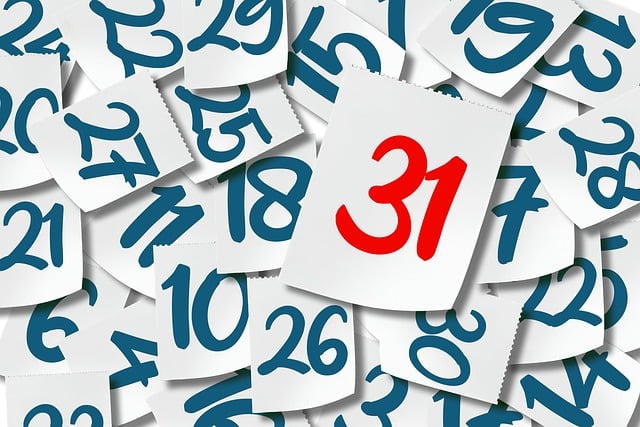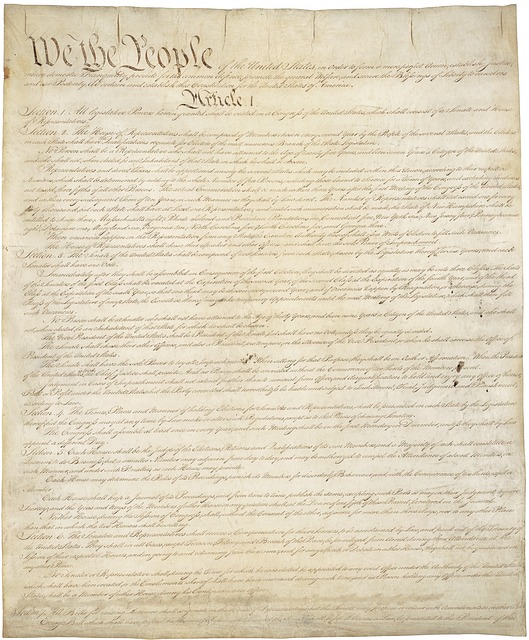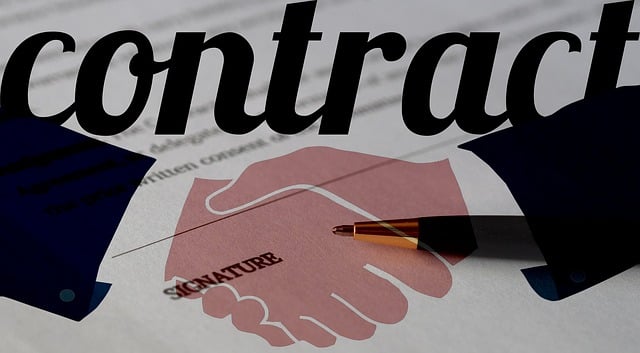In the UK, precision and expertise are paramount for translating historical documents, with specialized services (UK Historical Documents Translation Services) ensuring accuracy through a blend of human expertise and advanced technology. These services navigate archaic languages, cultural nuances, and faded scripts to safeguard history for future generations. Combining meticulous research, formatting adjustments, and innovative tools like automated language processing (ALP), they offer faster, reliable translations while preserving original intent. Key aspects include initial consultations, document preparation, rigorous QA checks, adaptability to diverse document types, and specialized knowledge in legal and medical fields. These services are vital for academic research, legal matters, and historical archives, making rare languages and dialects accessible without altering historical narratives.
In the realm of historical preservation, accurate translation plays a pivotal role in making UK historical documents accessible and understandable for future generations. This article delves into the intricate process of translating these valuable artifacts, addressing key challenges and highlighting innovative solutions. From navigating ancient texts to leveraging technology and ensuring quality assurance, we explore every step necessary for seamless document translation services tailored to UK historical documents. Discover how expertise, specific language requirements, rare dialects, and legal/medical considerations contribute to successful projects.
- Understanding the Importance of Accurate Translation for UK Historical Documents
- Challenges in Translating Ancient Texts and Their Solutions
- The Role of Technology in Streamlining Translation Processes
- Expertise Required for Preserving Historical Document Integrity
- A Step-by-Step Approach to Seamless Translation
- Quality Assurance Checks: Ensuring Accuracy and Consistency
- Adapting to Specific Language Requirements and Styles
- Translating Rare Languages and Dialects
- Legal and Medical Historical Document Translations: Special Considerations
- Case Studies: Successful Translation Projects for UK Historical Documents
Understanding the Importance of Accurate Translation for UK Historical Documents

In the realm of UK Historical Documents Translation Services, accuracy is paramount. These documents, often fragile remnants of our past, require meticulous care and precise translation to preserve their historical integrity. A seamless process for translating such records not only ensures the retention of nuanced information but also facilitates access to this rich heritage for current and future generations.
Accurate translation is crucial for avoiding misinterpretations that could distort historical narratives. Whether it’s a 19th-century legal document, a vintage newspaper, or an archives’ treasure, translating these UK Historical Documents demands a deep understanding of both the source language and cultural context. This specialized service not only bridges linguistic gaps but also safeguards the authenticity and value of our collective history.
Challenges in Translating Ancient Texts and Their Solutions

Translating ancient texts presents unique challenges, especially when dealing with historical documents from the UK or any other culture. These include understanding archaic language, deciphering handwritten or faded scripts, and interpreting cultural nuances that may be unfamiliar to modern readers. For instance, old English or Latin terms require specialized knowledge, while context-specific terminology in legal, medical, or scientific fields demands precision.
UK Historical Documents Translation Services excel at overcoming these hurdles through a combination of expertise and advanced tools. Professional translators with deep historical and linguistic understanding are key. They employ meticulous research to ensure accuracy and cultural appropriateness. Additionally, using state-of-the-art technology for text recognition and machine translation aids in preserving the original meaning while improving efficiency. These services also specialize in formatting and layout adjustments, ensuring that translated documents align perfectly with their historical context.
The Role of Technology in Streamlining Translation Processes

In today’s digital era, technology plays a pivotal role in revolutionizing the translation process, particularly for specialized services like UK Historical Documents Translation. Advanced tools and software have enabled translators to work more efficiently and accurately than ever before. Automated language processing (ALP) algorithms can analyze vast amounts of text, identify patterns, and provide initial translations, significantly reducing the time spent on manual interpretation.
For historical documents, where context and terminology are crucial, machine translation is often a starting point for human experts. These experts then refine and verify the translations, ensuring accuracy and cultural appropriateness. This blend of technology and human skill ensures that complex linguistic nuances and historical references are handled with precision, making UK Historical Documents Translation Services more accessible, faster, and reliable than traditional methods.
Expertise Required for Preserving Historical Document Integrity

When it comes to translating historical documents, precision and expertise are paramount. UK Historical Documents Translation Services require a deep understanding of both the linguistic nuances and the historical context in which the documents were created. Translators must possess skills that go beyond simple word-for-word conversion.
They need to be adept at preserving the original intent, tone, and structure of the document while ensuring accuracy. This often involves extensive research into archaic terms, cultural references, and historical events. Such specialized knowledge is crucial for maintaining the integrity and authenticity of these valuable records, allowing them to continue serving their purpose across generations.
A Step-by-Step Approach to Seamless Translation

A Step-by-Step Approach to Seamless Translation
1. Initial Consultation: Begin by discussing your specific document translation needs with a UK Historical Documents Translation Services provider. Understand the context, format, and language requirements. This step is crucial for setting clear expectations and ensuring the right resources are allocated.
2. Document Preparation: Prepare your historical documents meticulously. Ensure they are well-organized, free of errors, and accessible in a suitable format (e.g., PDF, Word). Accurate formatting and metadata ensure a smoother translation process, as professional translators can focus on the text without distractions.
Quality Assurance Checks: Ensuring Accuracy and Consistency

In the realm of UK historical documents translation services, quality assurance (QA) checks are non-negotiable. These rigorous procedures are designed to ensure that every translated document meets the highest standards of accuracy and consistency. Expert translators carefully review each document, cross-referencing terms against original sources and industry glossaries to maintain semantic integrity. Advanced software tools, including spell checkers and grammar validators, further bolster the QA process by identifying any linguistic nuances or errors that might have been missed during manual inspection.
The commitment to quality goes beyond individual translations. UK historical documents translation services also implement comprehensive QA protocols at each stage of the project lifecycle. This includes pre-translation analysis, where context and cultural considerations are meticulously assessed, ensuring the translator is fully armed with the necessary knowledge to handle the document’s unique challenges. Post-translation, a second round of checks is conducted to guarantee that the final output aligns perfectly with the source material, preserving the historical context and meaning in every word.
Adapting to Specific Language Requirements and Styles

In the realm of UK historical documents translation services, adaptability is key. Each language has its unique nuances and styles, and what works for one document might not suit another. Professional translators must be adept at tailoring their approach to meet specific requirements. For instance, translating old legal texts may necessitate a deep understanding of archaic terminologies and the ability to render them accurately into modern languages while preserving historical context.
Similarly, scientific or medical documents require technical proficiency and adherence to specialized terminology. Translators must also consider cultural differences in style, such as formal vs. informal language use, directness vs. indirectness, and even sentence structure variations across languages. This level of adaptability ensures that the translated document not only conveys the same meaning but also feels natural and appropriate for its intended audience.
Translating Rare Languages and Dialects

In today’s globalized world, the demand for accurate and efficient translation services has grown significantly, especially when it comes to rare languages and dialects. For example, UK Historical Documents Translation Services play a crucial role in preserving cultural heritage by facilitating access to documents written in languages no longer widely spoken. These services are particularly important for academic research, legal proceedings involving foreign records, and historical archives that need to be made accessible to a broader audience.
Specialized translation companies employ linguists who possess not only fluency in the target language but also a deep understanding of its cultural nuances. This expertise ensures that documents translated from rare languages maintain their original meaning and context, preserving historical accuracy. With advancements in technology, including machine translation tools, these services have become more accessible and efficient while still maintaining a high level of precision, making it easier to explore and understand the rich linguistic diversity of the past.
Legal and Medical Historical Document Translations: Special Considerations

When it comes to legal and medical historical document translations, especially in the UK, there are unique challenges that require specialist services. These documents often carry significant weight and impact, which is why precision and accuracy are paramount. Legal and medical terminology can be highly technical and specific, with terms having precise definitions that must be conveyed accurately in the target language.
UK historical documents translation services catering to these niches understand the importance of cultural nuances and contextual understanding. They employ translators who possess not just linguistic proficiency but also expertise in their respective fields. This ensures that specialized terminology is handled correctly, preserving the original intent and meaning, and making the translated document admissible as official documentation.
Case Studies: Successful Translation Projects for UK Historical Documents

Successful translation projects for UK historical documents highlight the significance of accurate and contextually sensitive language interpretation. Case studies demonstrate that specialized translation services tailored to this unique sector can significantly enhance access and preservation efforts. By employing expert translators with deep knowledge of British history, culture, and legal terminology, these projects have achieved remarkable outcomes.
For instance, a recent project involved translating and digitizing historic court records from the 18th century. The translation services team meticulously navigated complex legal jargon and archaic language to ensure the integrity of the original meaning. Another notable case focused on transcribing rare manuscripts, requiring meticulous attention to script types and historical spelling variations. These successful initiatives underscore the vital role UK Historical Documents Translation Services play in making invaluable historical resources accessible to a broader audience while preserving their authenticity.
The seamless translation of UK historical documents is not just about words; it’s about preserving our heritage and making it accessible. By combining technological advancements with meticulous expertise, we can navigate the challenges of ancient texts and ensure accuracy, consistency, and cultural sensitivity. Choosing the right translation services specializing in UK historical documents means unlocking valuable insights hidden within these precious records for a broader audience.
